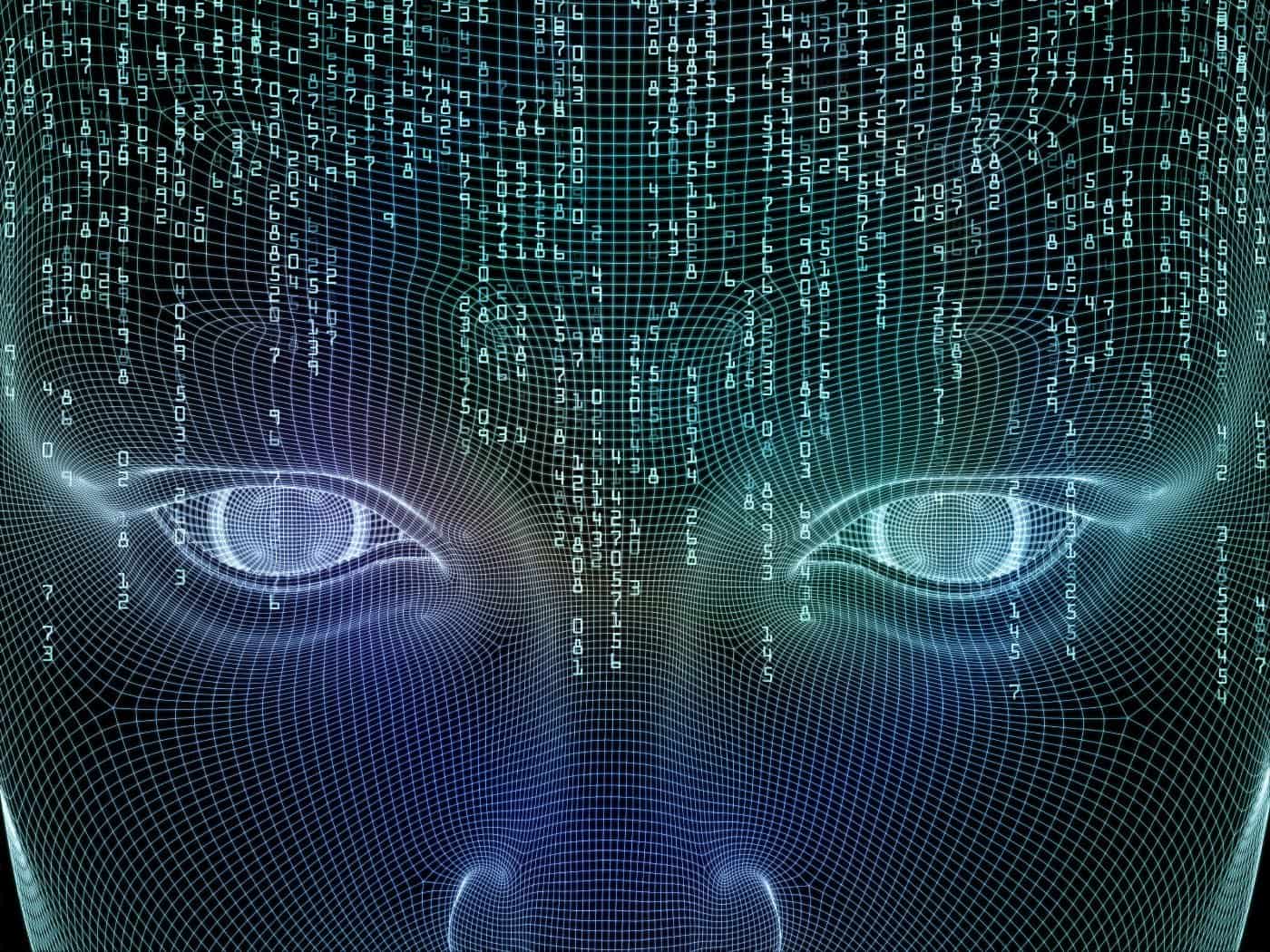The artificial intelligence future beckons with promises of transformative change, where generative AI, deep learning, and large language models redefine what’s possible across industries and human societies. As we stand on the brink of this AI revolution, it’s crucial to explore not only the technological advances but also how they might enhance human performance, augment business processes, and tackle global challenges like climate change. The potential of AI to revolutionize sectors from healthcare to education, much like the industrial revolution reshaped human existence, is immense. Yet, as we chart this course, considering AI’s impact on human jobs and societal norms remains paramount. For those interested in delving deeper into the ethical, societal, and technological aspects of the AI revolution, DoMyEssay.com offers a platform where intricate discussions and analyses can be crafted with the help of experts, providing a comprehensive look at how AI is set to transform our world.
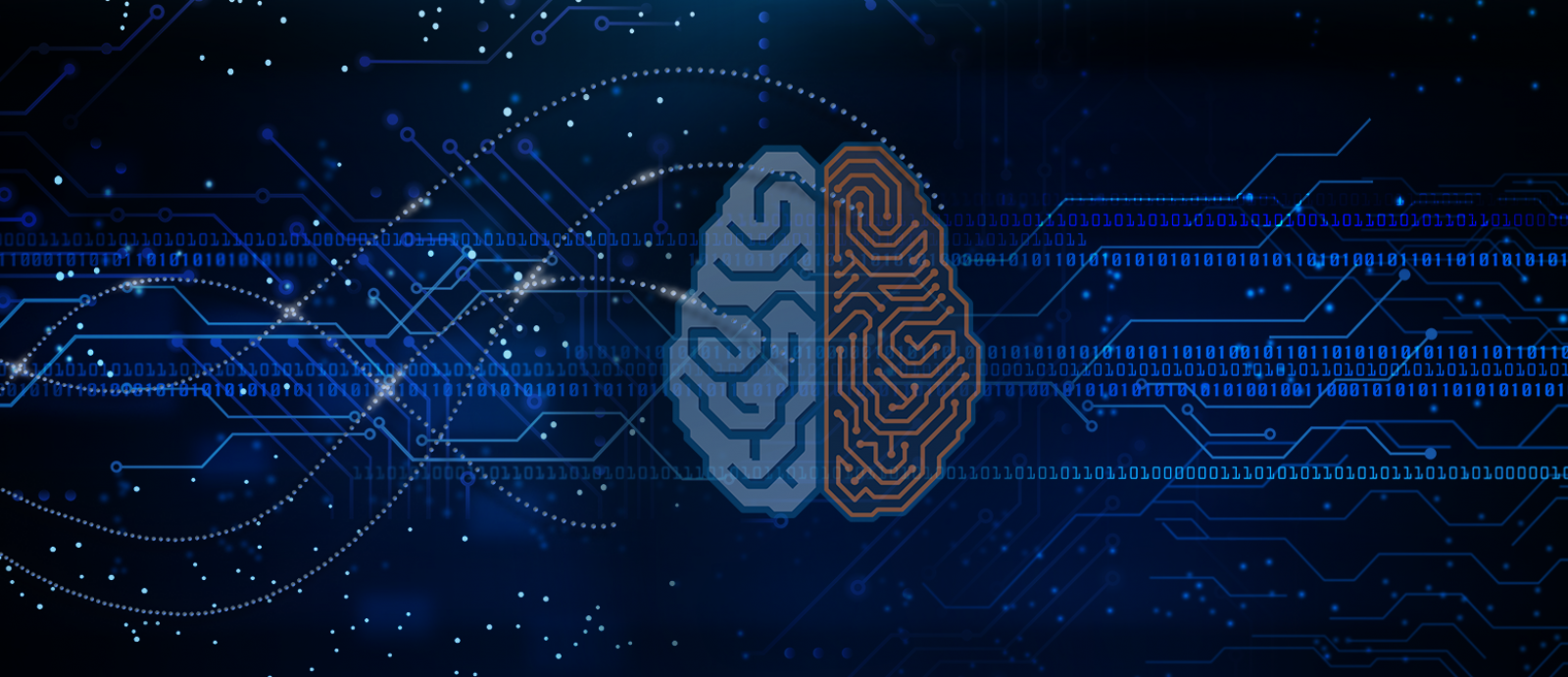
Advancements in Artificial Intelligence and Machine Learning
Recent advances in artificial intelligence and machine learning, particularly in areas like neural networks and data science, have accelerated the pace of innovation. The development of AI systems capable of processing massive datasets for critical thinking and decision-making tasks illustrates the exponential growth of AI capabilities. These advancements, fueled by big data and software development, offer a glimpse into a future where AI programs with advanced objective functions could surpass other technological advances in their ability to optimize and innovate business and societal functions. When questioning “is Papercoach legit?” especially in terms of producing content on cutting-edge topics like the “Artificial Intelligence Future,” it’s important to consider the service’s capacity to provide well-informed, analytical, and forward-thinking essays. Legitimacy in this context means the ability to produce content that is not only current but also predictive and insightful regarding AI’s evolving role in society.
The Evolution of AI Systems and Their Impact on Society
AI systems, from virtual assistants to autonomous vehicles, are evolving rapidly, becoming more integrated into the fabric of daily life. This evolution signals a significant shift in how human beings interact with technology, where AI’s role in enhancing education, healthcare industry practices, and even driving societal changes becomes increasingly apparent. However, as AI continues to advance, the societal implications, including privacy risks and the displacement of human jobs, necessitate a thoughtful examination of how these technologies are shaped and implemented. An APA paper writer from PaperWriter is invaluable for topics like the Artificial Intelligence Future. This service provides detailed and accurately formatted APA papers that explore the advancements, challenges, and ethical considerations of AI technology. PaperWriter ensures each paper is thoroughly researched and clearly written, adhering to academic formatting and citation guidelines.
Challenges and Ethical Considerations in Shaping the Future of AI
Navigating the future of AI involves addressing numerous challenges and ethical considerations. The balance between leveraging AI for its immense benefits and mitigating risks such as data privacy concerns and the potential exacerbation of inequalities is delicate. Critical thinking about the ethical deployment of AI, including the fairness of algorithms and the transparency of AI problem-solving methods, is essential. As AI technologies become more pervasive, ensuring they complement human intelligence without compromising human values becomes increasingly critical.
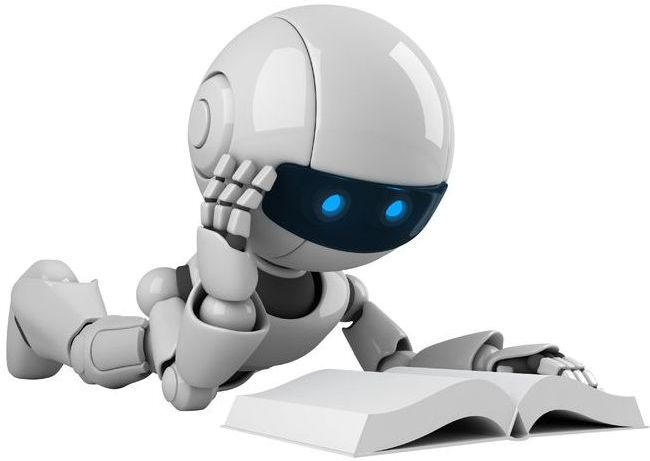
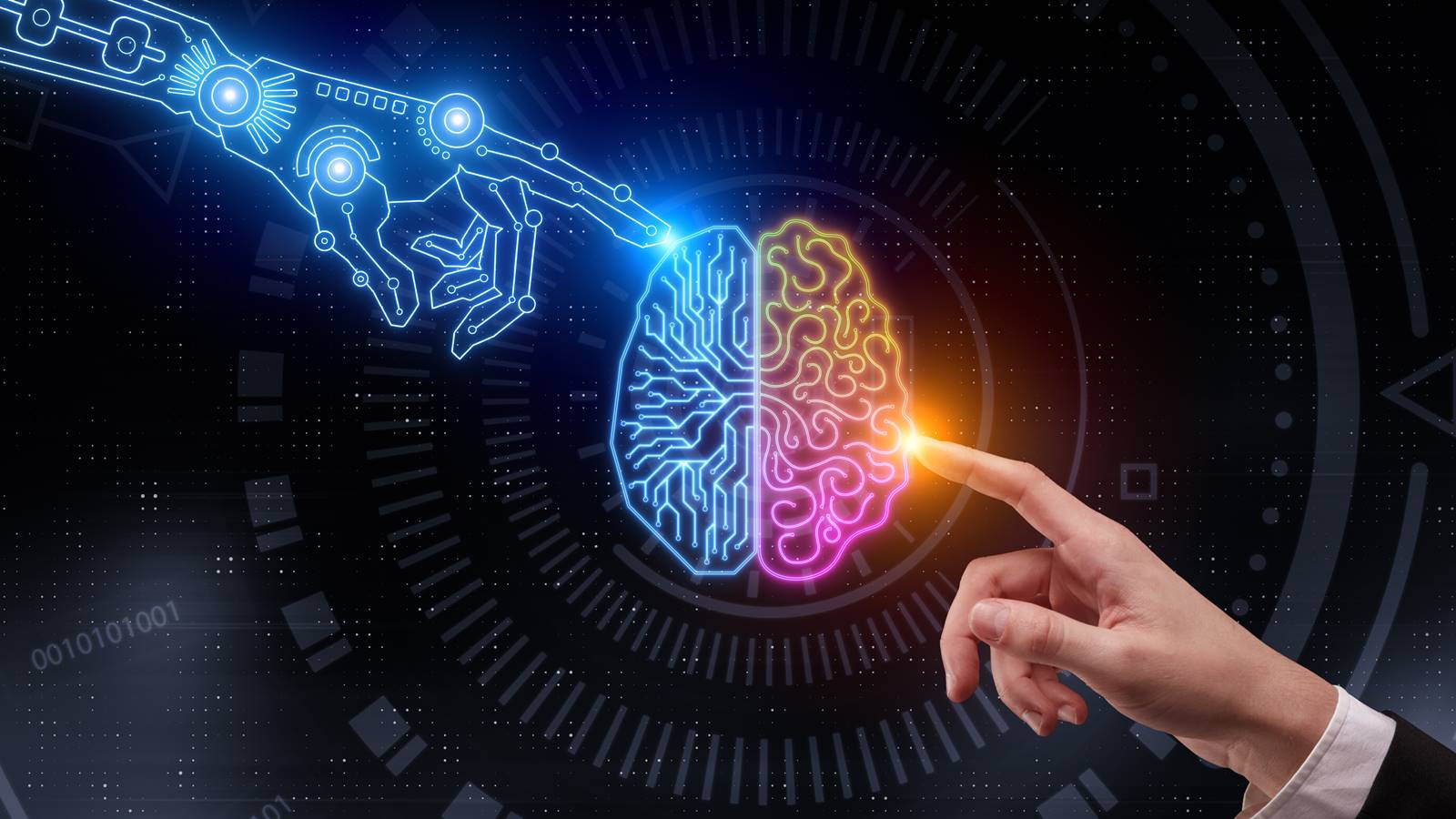
The Intersection of Artificial and Human Intelligence
The intersection of artificial and human intelligence presents exciting possibilities for the future. The augmentation of human abilities with AI, from enhancing cognitive tasks to improving physical capabilities through robotics, exemplifies the positive potential of this synergy. However, this convergence also raises questions about the limits of AI and the importance of preserving qualities uniquely human, such as empathy and ethical judgment. As we look to the future, understanding how AI can serve humanity while respecting the intrinsic value of human beings will be crucial.
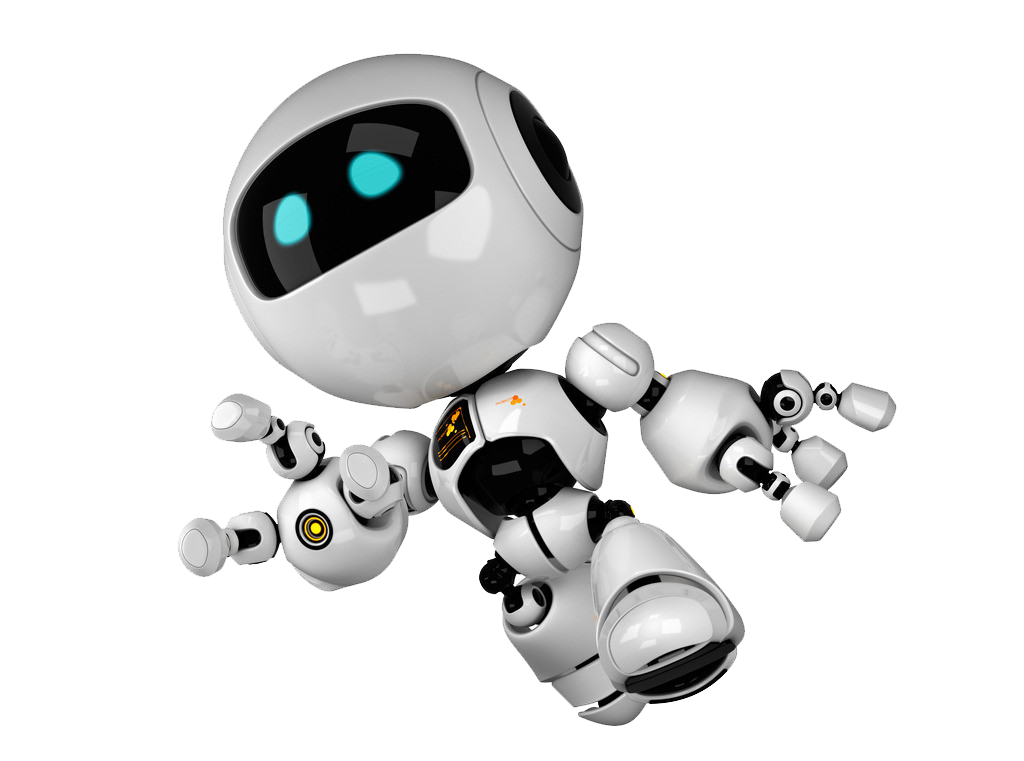
Predictions and Speculations for the Future of Artificial Intelligence
Predictions for the future of artificial intelligence range from optimistic visions of AI solving complex global challenges to cautionary tales reminiscent of science fiction. Speculations about thinking machines that mimic the human brain, the role of AI in advancing other emerging technologies, and the potential for AI to revolutionize the future of work and society abound. While the near future may see continued incremental advancements, the far future of AI could hold radical changes for human societies, driven by breakthroughs in fields like quantum computing and neuroscience.
Emerging Trends and Technologies in AI Development
The next decade is poised to witness significant emerging trends and technologies in AI development. From the exponential growth of neural networks enabling more sophisticated AI problem-solving to the integration of AI in new technologies for data collection and analysis, the landscape is evolving rapidly. Innovations in fields such as autonomous vehicles, virtual assistants, and data analytics promise to redefine industries, while advancements in AI-driven climate solutions and healthcare diagnostics illustrate the broad applicability of AI technologies in addressing critical global issues.
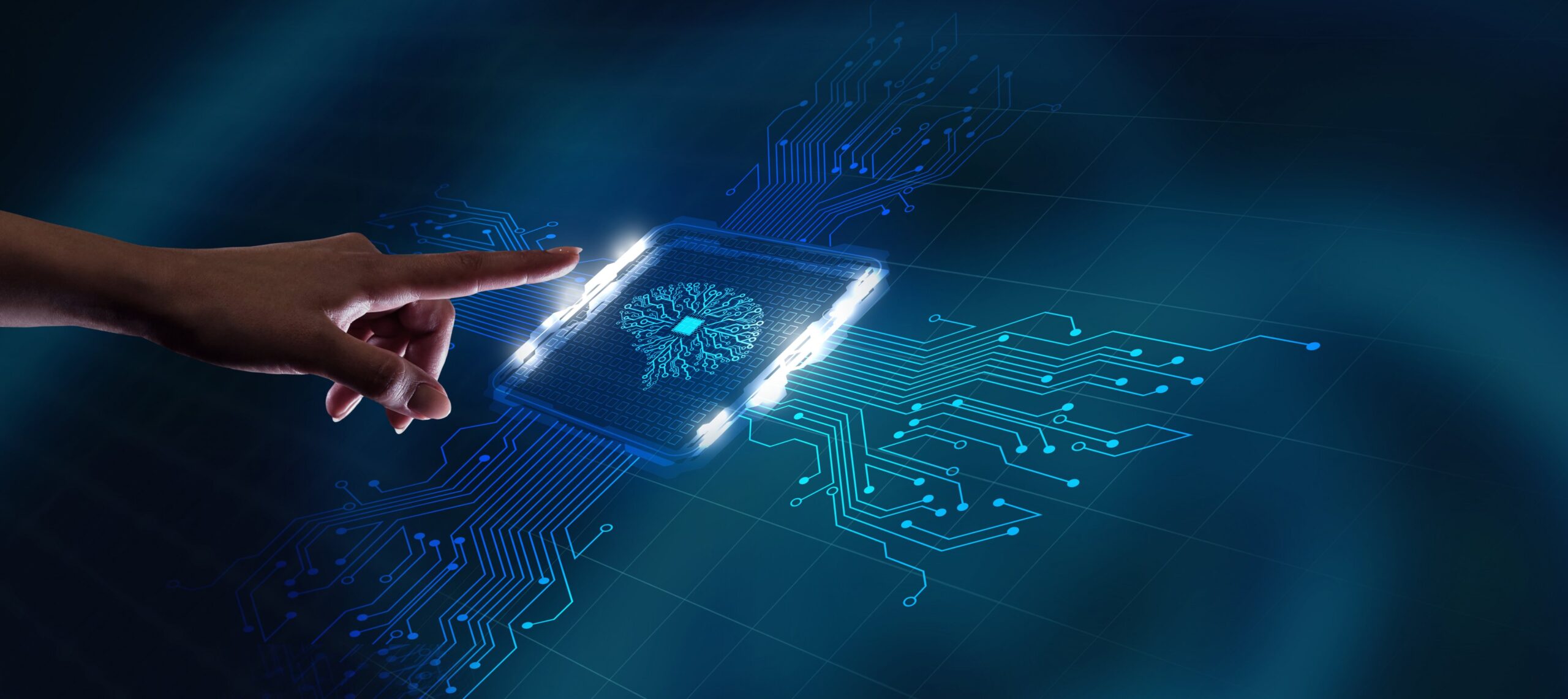
Collaborative Efforts and Research Initiatives to Shape the AI Future
The future of AI will undoubtedly be shaped by collaborative efforts and research initiatives. Partnerships between academia, industry, and governments are crucial for fostering innovation, setting ethical guidelines, and ensuring AI benefits society as a whole. These collaborations can accelerate the development of new AI technologies, inform regulatory frameworks, and facilitate the responsible integration of AI into various sectors. As we move forward, the collective endeavor to harness AI’s potential while navigating its challenges will determine the trajectory of its impact on the world.
